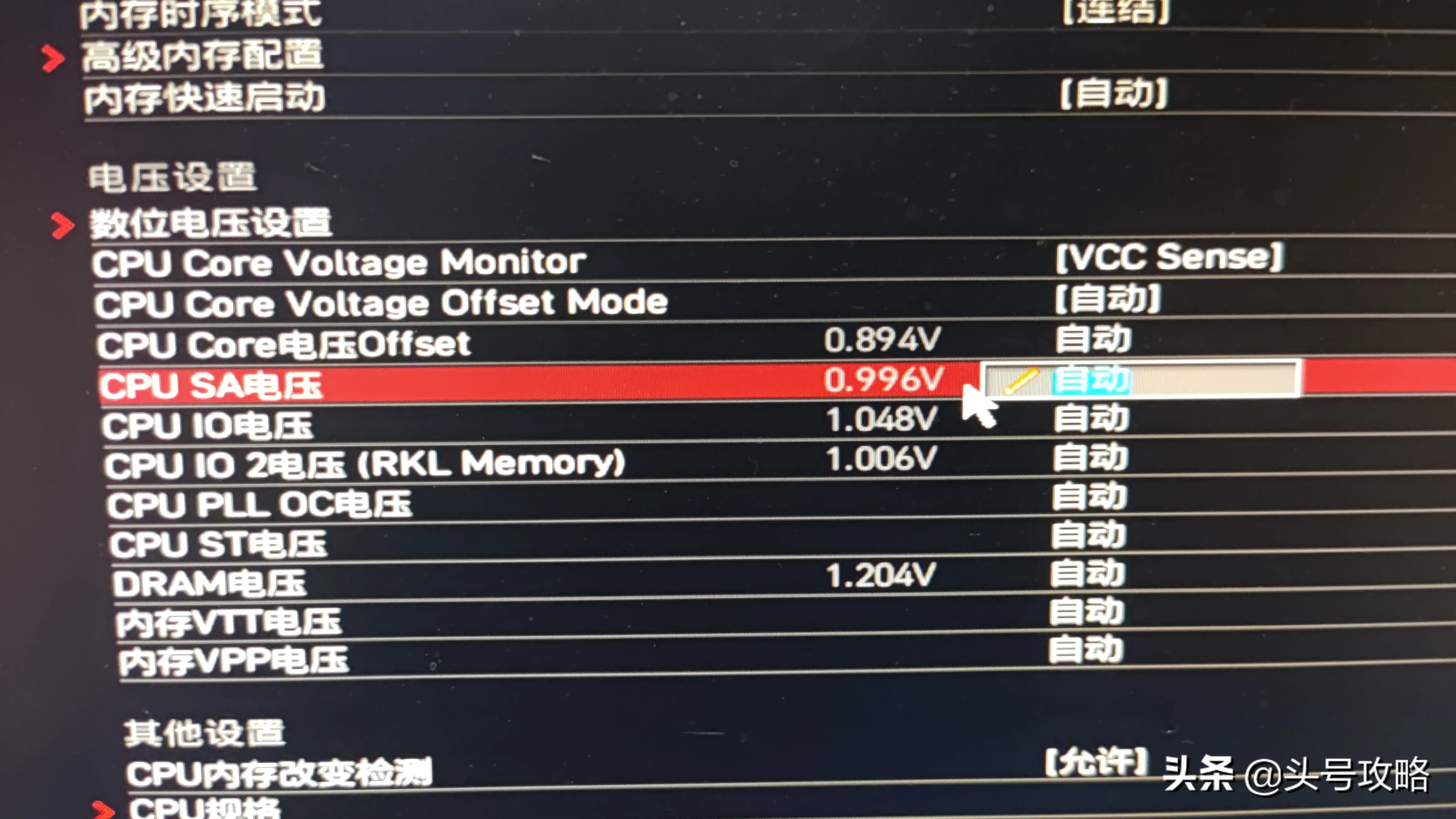After I overclocked 4 sticks of memory to 3600, the memory stability test also passed, but found a new problem.
4 memory overclocking is a very difficult problem, especially for the general B series, chrysanthemum layout memory slot motherboard, these 2 days of various tosses, is stable at 3600 16-21-22-41 frequency. Also ran the memory test, everything is OK, finally can give the memory overclocking event to draw a full end.
The last test of the day, the single-baked FPU test. As soon as I clicked on the FPU, the temperature alarm was instantaneous, and I quickly stopped the test. Did I run into a CPU heatsink when I was measuring memory? Causing problems with heat dissipation? Open the chassis and look at it, everything is OK.
So I opened it again, or 1 second to 90 ° C, 5 seconds to 97 ° C, hurry up... I didn't overclock the CPU, then turned on the xtu (Intel's stable test software), and then turned on the aida 64 roasted fpu, and the instantaneous power of the CPU reached more than 190 watts...
The machine was just bought back and installed when the machine was baked, I remember 11500 up to more than 160 watts, the radiator is Zelo P4, the instruction manual writes that it can press the CPU below 200 watts, when the grill an afternoon, the maximum CPU temperature is also 91 ° C, the results are OK.
So cut to the BIOS, after comparison found that after overclocking to 3600, the SA voltage of the CPU itself rose to 1.5V [vomiting blood] (this voltage > 1.5 is more dangerous to the CPU), because SA and io I turn on the automatic, generally adjust the memory voltage, sa has not touched. That is, the SA voltage caused by memory overclocking increases, resulting in a large increase in CPU power.
Suddenly I thought that some people said that there will be symptoms of sudden shutdown after overclocking, is it related to the instantaneous power increase? If the CPU temperature reaches 100 instantaneously, it will definitely directly shut down to protect itself.
Memory 3200 exceeds 3600, the overall increase is less than 5%, but the power directly increases by 30 watts, but also causes instability in the system, it seems that this wave is still not OK.
Next I tested the default 2666 memory and found that the SA voltage was only 0.9v.
Turn on xmp, rise to 3200, sa voltage reaches 1.2v.
I changed 4 memory to 2 memory, the default is 2666, and the sa voltage is still 0.9v
Open xmp, rise to 3200, sa to 1.2v
Overclocked to 3600, sa to 1.4V, this value is 0.1v lower than 4 blocks of memory to 3600.
After reading the results of the experiment, the brain made up for it
Then some loose conclusions can be drawn
(1) CPU I know that the 10th generation supports 3000 memory, the 11th generation supports 3200, and although it can be surpassed, the SA and io voltage of the CPU will also increase accordingly, although there is no overclocking CPU, but the memory will also affect the CPU, resulting in a large increase in CPU power and huge heating. According to my current 3600 overclocking, have to go to the water cooling, in order to press a TDP 65w u...
(2) 4 memory overclocking, not only to overcome the memory itself physique, motherboard line layout and power supply, but also put forward higher requirements for the CPU constitution, 4 overclocking than 2, the CPU sa voltage needs to be higher to do, more difficult.
(3) Comprehensively, the memory overclocking cost performance is indeed too low, you have to overclock, it is best to be 2 memory, otherwise you need a top motherboard to support it well. Of course, the CPU also needs better heat dissipation, so that the cost is too high for a 5% increase.
Figure 1 shows the voltage condition at default memory 2666
Figure 2 Figure 3 is the voltage and power when xmp is turned on, and the memory is 3200
